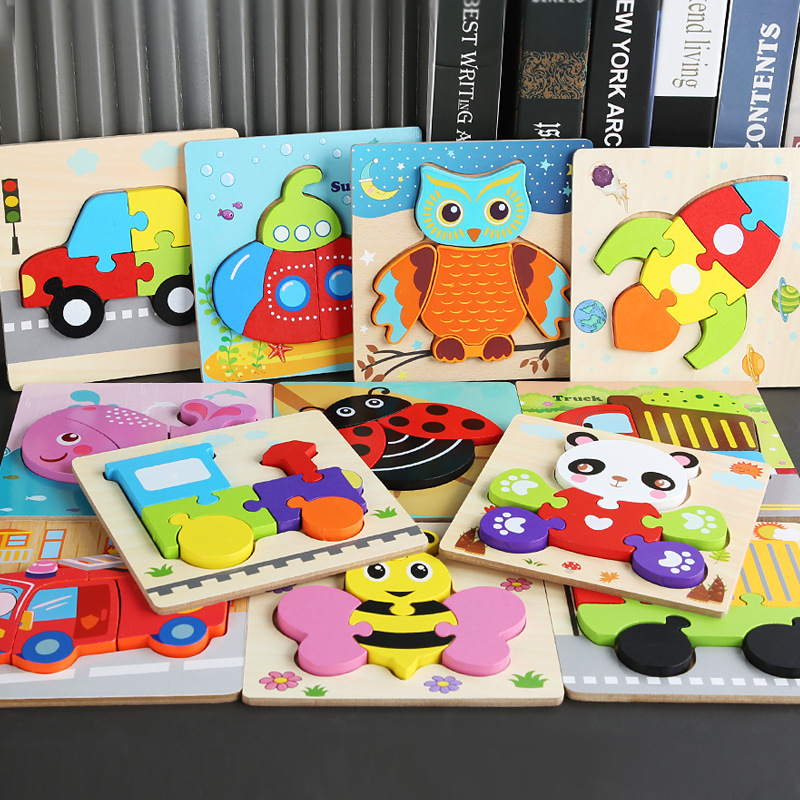Introduction: Puzzle toys have captivated minds for generations, challenging individuals to solve intricate problems and stimulate cognitive abilities. Beyond their entertainment value, puzzle toys offer a myriad of cognitive benefits that support brain health and development. In this blog, we’ll delve into the science behind puzzle toys and explore the cognitive stimulation they provide, making them valuable tools for both children and adults alike.
- Enhancing Problem-Solving Skills: Puzzle toys require individuals to analyze the problem, break it down into smaller parts, and strategize solutions, enhancing their problem-solving abilities.
- Boosting Memory and Focus: Engaging with puzzle toys helps improve memory and concentration as individuals need to remember patterns and focus on the task at hand.
- Developing Spatial Reasoning: Solving spatial puzzles fosters spatial reasoning skills, enabling individuals to mentally manipulate shapes and objects in their minds.
- Strengthening Executive Function: Completing puzzles involves planning, organizing, and managing time, strengthening executive function skills crucial for everyday tasks.
- Promoting Neuroplasticity: Regular puzzle-solving stimulates neuroplasticity, the brain’s ability to reorganize and form new neural connections, supporting lifelong learning.
Conclusion: The science behind puzzle toys reveals their significant cognitive benefits, such as enhancing problem-solving skills, boosting memory and focus, developing spatial reasoning, strengthening executive function, and promoting neuroplasticity. By embracing puzzle toys as a means of cognitive stimulation, individuals can foster brain health and development across various ages, making them valuable tools for lifelong learning and mental well-being.








